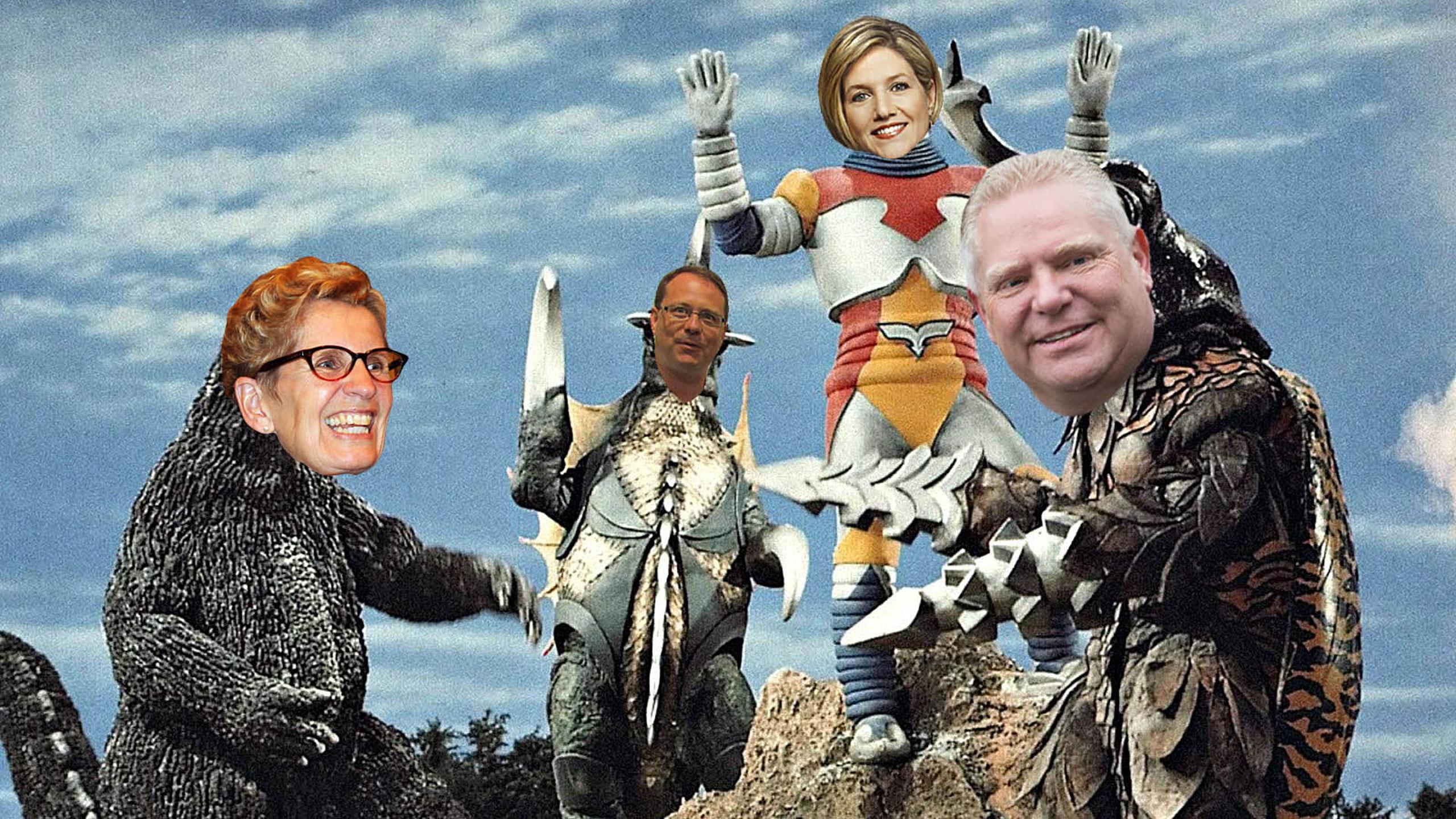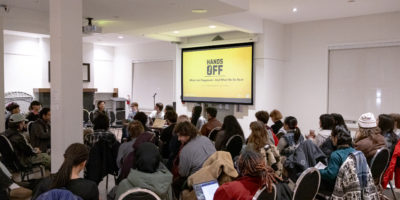By Sylvia Lorico
Ah, the provincial elections. It can either make you groan out of annoyance or set you off on a debate about minimum wage.
With the provinical elections coming up in June, Doug Ford being elected the new leader of the Progressive Conservative Party, Kathleen Wynne’s approval ratings at 19 per cent and Andrea Howarth promising radical changes to our healthcare system, we’ve decided to break down the facts for the issues important to students without the debate in between.
Minimum wage
The Liberals and the NDP are promising to keep the minimum wage increase to $15 by 2019, as implemented by Wynne’s government this year. Ford has said he would keep the minimum wage at $14 and would eliminate the provincial income tax for anyone making less than $30,000.
Cannabis legalization
There’s still plenty of debate on the how the government should manage the legalization of cannabis. Premier Wynne intends to open 40 government-operated stores by this summer, and 150 stores by 2020. Ford on the other hand has said he would consider the idea of letting the private sector manage the distribution and sales of weed. Potential privatization of weed under a Conservative government might mean a change in prices. NDP leader Horwath was critical of the Liberal plan, saying that it might not necessarily take cannabis off the black market.
Transit plans
The Conservatives have promised to allocate $5 billion towards building subways in the GTA, with specific reference to the Yonge relief line, which is the connecting subway from Sheppard to Scarborough amoung other lines. The Liberals have recently opened the Spadina-York subway extension with more plans for expansion. The NDP says they will match municipal operations funding for public transit on a 50/50 basis, meaning the province will pay half. According to the party, this would add up to $800 million in funding annually for transit, including more than $330 million for Toronto alone. This match from the province would go toward additional subway expansions across Toronto.
Healthcare
Horwath made headlines recently announcing that if she were elected, her party would ensure that all Ontarians would have full dental coverage. In Ford’s speech to the PC party, before he was named as leader, he promised that the healthcare sector would get “resources” to reduce wait times in hospitals. Wynne’s 2018 budget for the provincial government is expected to run about an $8 million deficit in order to invest in health care, such as mental health initiatives and other resources. In addition, Wynne also introduced OHIP+, which provides about 4,4000 prescription drugs for free to anyone under 24.
Student loans
In the same speech regarding dental coverage, Horwath also announced plans to convert a portion of provincial student loans to grants for students. The Liberal government made changes to the OSAP program in 2017, allowing students whose parents make under $50,000 to receive free tuition and increase grant and loan amounts. In Wynne ‘s throne speech, she said plans to expand the free tuition program and reduce student debt.
There has been little mention of the Conservative Party’s plans regarding student loans.
When is voting?
The Ontario Provincial Election will take place on June 7. Students can vote the day of at polling stations or participate in advance voting, which will be open for up to 10 days leading to election day.
Where can Ryerson students vote?
Where you can vote is based on your current address. Students who are registered to vote will receive a voting card in the mail, which will give you your nearest polling site.
How to register to vote
Visit the Elections Ontario website to register to vote. You will need a piece of ID containing your name and residental address.
Remember, voting only take two minutes. So go be a good citizen and vote!













Doug Kvistbo
Noted that you have Wynne’s deficit (Healthcare section) at $8 million, when it would actually come in at about $8 billion, or a thousand times as much.